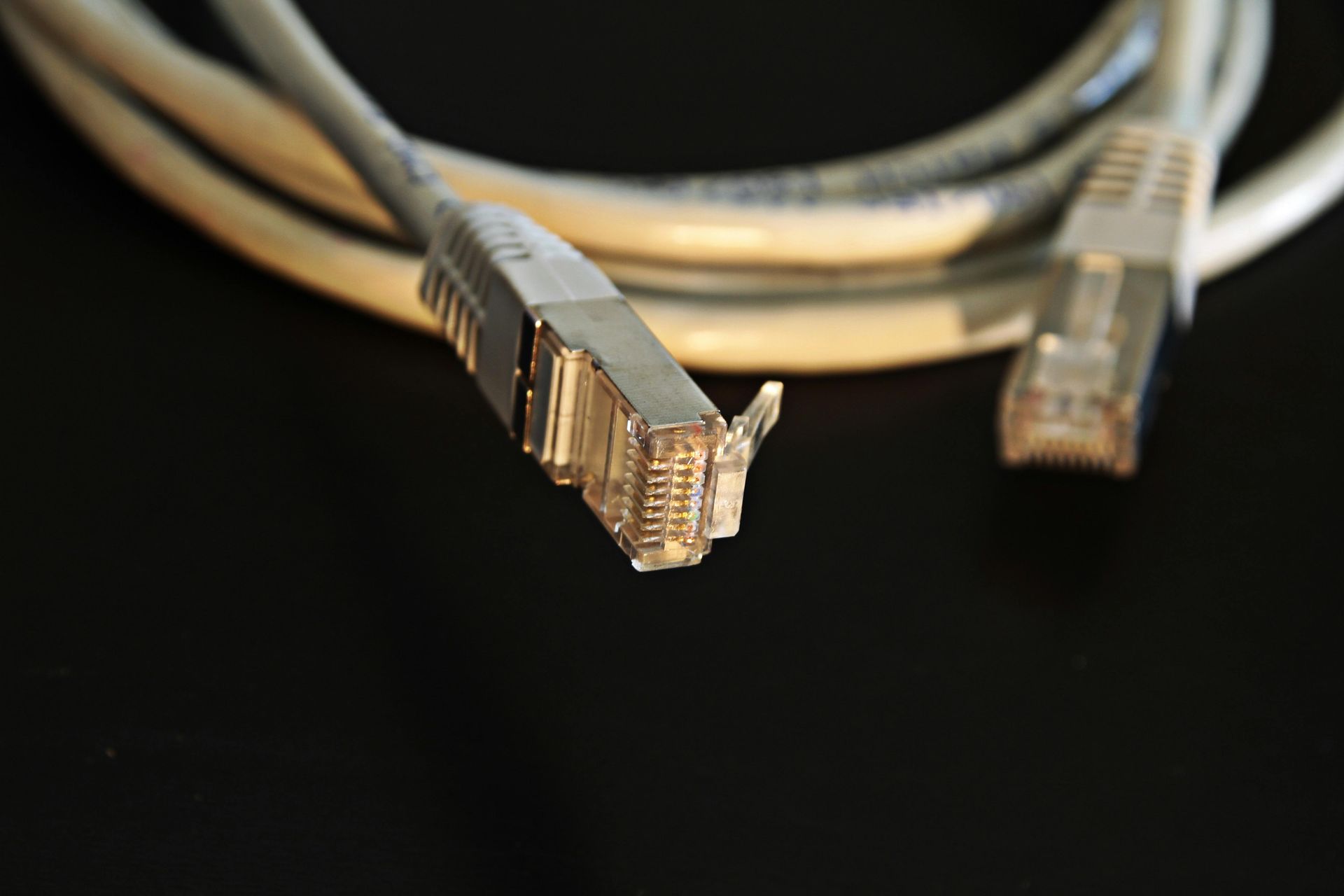Choosing Between Wired and Wireless Networks for Your Business

When it comes to setting up a network for your business, the choice between wired and wireless can feel overwhelming. Each option has its own set of advantages that might suit your needs differently. Wired networks promise speed and security, while wireless networks offer flexibility and convenience. Understanding your unique requirements is crucial to making the right decision. So, what factors should you consider to ensure your network aligns with your business goals?
Advantages of Wired Networks
When you need a reliable connection, wired networks often stand out for their stability and speed.
You'll find that these networks minimize interference, providing a consistent performance ideal for bandwidth-intensive tasks like video conferencing or large file transfers.
Plus, wired connections typically offer lower latency, meaning you won't experience delays that can disrupt your work.
Security is another advantage; with a physical connection, it's harder for unauthorized users to access your network.
Maintenance tends to be simpler as well, as diagnosing wired issues often requires less troubleshooting.
Overall, if you prioritize performance and reliability, a wired network might be the perfect choice for your business needs.
Benefits of Wireless Networks
How much freedom do you gain with a wireless network? With wireless technology, you can move around your office without being tethered to a desk, boosting productivity and collaboration.
Imagine holding meetings in different rooms or even outdoors without losing connectivity. Plus, setting up a wireless network is usually quicker and more cost-effective than running cables throughout your space.
You can easily add new devices without complicated installations, making it perfect for growing businesses. Additionally, wireless networks can accommodate multiple users simultaneously, so your team can stay connected wherever they are.
This flexibility not only enhances employee satisfaction but also supports modern work habits. Overall, wireless networks offer the convenience and adaptability your business needs to thrive in today's fast-paced environment.
Key Considerations for Your Business
While wireless networks provide impressive flexibility and convenience, there are key considerations to keep in mind before making the switch for your business.
First, assess your current infrastructure and budget. Wireless setups can require significant investment in devices and security measures.
Next, think about the number of devices you'll connect. High-density environments may face challenges with bandwidth and connectivity.
You should also consider your team's work habits; if employees move frequently, wireless may be ideal. However, if you have heavy data use or need stable connections for specific tasks, wired networks might be better.
Lastly, think about future growth. Will your network support your business as it expands? Careful planning now can save you headaches later.
Comparing Performance and Reliability
To ensure your business operates smoothly, it's crucial to compare the performance and reliability of wired and wireless networks.
Wired networks typically offer faster speeds and lower latency, making them ideal for data-heavy tasks like video conferencing or large file transfers. You'll also find them more reliable, as they're less susceptible to interference from physical obstacles or electronic devices.
On the other hand, wireless networks provide greater flexibility and mobility. They allow employees to connect from various locations, which can enhance productivity. However, their performance can vary based on distance from the router and network congestion.
Making the Right Choice for Your Needs
Which network type best fits your business needs? Start by assessing your operations. If you require high-speed, stable connections for data-heavy tasks, a wired network might be your best bet. It offers superior reliability and reduced latency.
However, if your team values flexibility and mobility, a wireless network can provide the freedom to work from anywhere within your office.
Consider the layout of your workspace, too. If you have multiple floors or a large area, wireless can help eliminate cabling issues.
Think about security, as wired networks often offer better protection against unauthorized access.
Ultimately, weigh your priorities—speed, flexibility, security—and choose the network type that aligns with your goals. Your decision can significantly impact productivity and efficiency in your business.
Conclusion
In the end, choosing between wired and wireless networks boils down to your unique business needs. If you prioritize speed, stability, and security, wired might be your best bet. However, if flexibility and ease of setup are more important, wireless could be the way to go. By considering your infrastructure, team mobility, and future growth, you can make a decision that not only enhances performance but also keeps your employees satisfied and productive.












